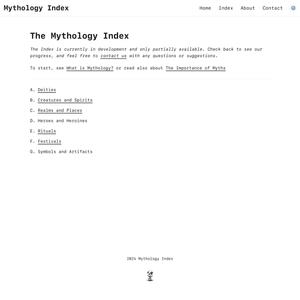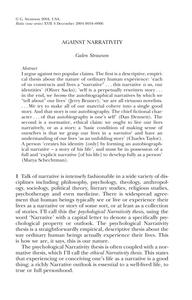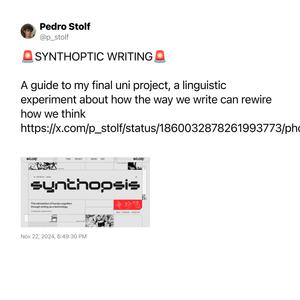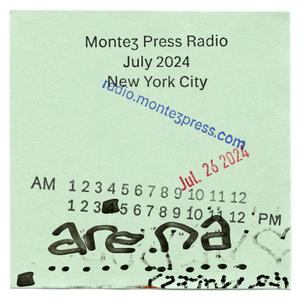

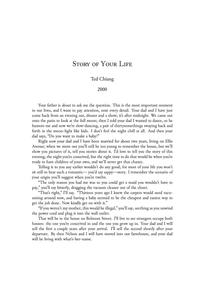
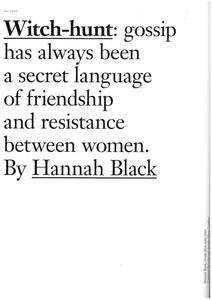
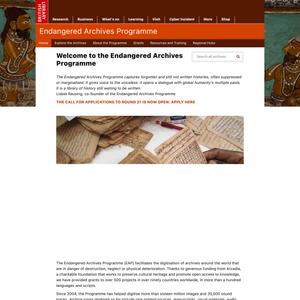
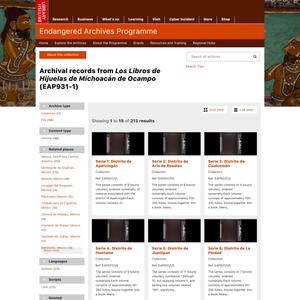
Economies form in collective spaces when people define what they value as a group.
Economies are an indication that a community has not only defined values but also the means of interacting with one another via exchange.
telling a story is an open-ended contract, just like a promise or a gift.
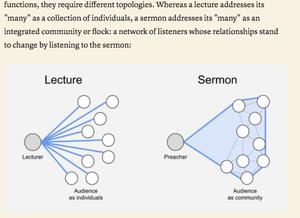
about 1 month ago
did humans learn to make paper from wasps?
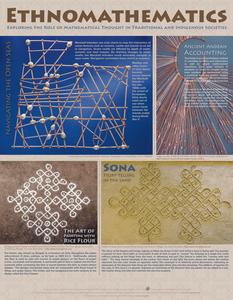
12 days ago
our meaning crisis does not come from a lack of meaning in our lives but from an excess?! two sides of the same coin but i used to think it spoke exclusively to our lack of communal stories + faith to tether ourselves to....... but maybe it is just from the sheer amount of knowledge and meaning at our fingertips via the internet. the access to it itself too, more so than the speed of it.
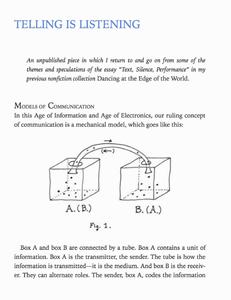
We may not have wings or leaves, but we humans do have words.
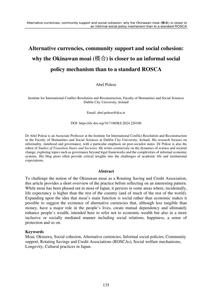
marginalia is older than writing– it is the same age as storytelling. drawings alongside drawings... interrupting conversations with references orally... never has there been a linear story.
Gods are also created through storytelling, through history writing, cross referencing, footnoting, repeating. They ascend in acts of translation and misunderstanding. If to translate is to carry words from one language to another, it is also „to carry or convey to heaven without death.“ Gods are made when language goes beyond its intentions.
“I think the greatest gift you can ever give is an honest receiving of what a person has to offer.”
“It’s so very hard, receiving,” he said. “When you give something, you’re in much greater control. But when you receive something, you’re so vulnerable.”
over 1 year ago
